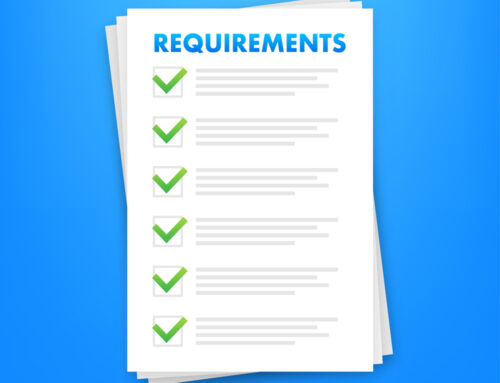At many high schools, students will soon be selecting their courses for next year, if they haven’t done so already. When talking with my students about what classes they’re going to choose, they often ask, “How many AP (or IB or concurrent enrollment) classes should I take?” What they are really asking is, “How many of these classes do I need to take in order to get into the colleges of my choice?” In answering this question, there are several factors to consider, and, as with many aspects of college admissions, “it depends.”
First, it’s important to understand that when you apply to college, you will be evaluated in the context of your high school. Therefore, if your school only offers a few Advanced Placement (AP), International Baccalaureate (IB), and/or Concurrent Enrollment (CE) courses, you will not be penalized for taking fewer than a student whose school offers many such courses. Furthermore, if your school doesn’t offer any of these classes, colleges won’t expect you to have taken any.
You might be wondering how colleges know what courses your school offers. Most high schools have what’s called a school profile, and they send this document to colleges along with a student’s transcript. The profile typically includes information about the size and demographics of the student body, graduation requirements, the grading scale, and higher-level classes offered (which may include honors, AP, IB, CE, etc.). The profile may simply include the number of such courses or provide a full list of them.
Colleges, especially highly selective ones, want to see that students have challenged themselves by taking the most rigorous courses their school offers. If you attend a high school that has 20 AP/IB/CE classes and you’ve only taken three of them, that won’t be considered a very rigorous courseload.
My general advice to students is to pick two or three subjects they enjoy and in which they have excelled in the past and to take AP, CE, and/or IB courses in those subjects. (This assumes that your school allows you to take individual IB courses without doing the full IB diploma program.) Additionally, start small: you may be able to take one or two AP/IB/CE courses in your freshman and sophomore years, which is a good way to “test the waters” before loading up on such classes in your junior and senior years.
For the most selective colleges (those with acceptance rates under 20%), the majority of applicants will have taken 4-5 AP/IB/CE courses in each of their junior and senior years, assuming that many are available at their school. Additionally, to be a competitive applicant to these colleges, you will need to do very well in all of your courses (mostly A’s and minimal B’s).
Even at highly selective schools that don’t fall into the “most selective” category, admitted applicants seem to be taking a large number of AP/IB/CE courses. In a recent blog post, Jed Applerouth, the founder of test prep company Applerouth, provided data on students who were accepted Early Action to the University of Georgia this past fall. He wrote, “The middle 50% of the 8,253 accepted students had 8-13 AP, IB, or [concurrent] enrollment classes. That means ¼ of the accepted students had more than 13 of these advanced classes.” UGA’s overall acceptance rate for the high school class of 2022 was 42%; the Early Action acceptance rate for the class of 2023 was 32%.
In his blog post, Applerouth expressed concern that as students strive to take an ever-increasing number of AP/IB/CE courses, they will have less time for extracurricular activities, socializing with friends, and sleep, all of which are important components of the high school experience. He also speculated that the heightened focus on academic rigor may be at least partially responsible for recent surges in adolescent anxiety and depression.
When it comes to choosing your classes, only you know what you are capable of and what kind of workload you can handle. If taking 4-5 AP/IB/CE courses per year is going to be too much for you, don’t take that many. It’s not worth sacrificing your grades, the fun parts of high school, or your mental health. If a courseload packed with AP/IB/CE classes doesn’t seem attainable for you, then perhaps you should reevaluate the kinds of colleges you are targeting.






